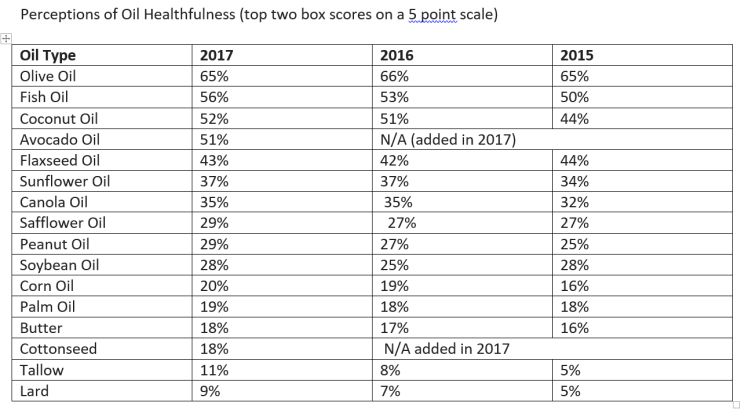Labor Day reflections: Challenging time for U.S. workers – National Consumers League
 As another summer winds down, and we plan for one last extended weekend before turning the page onto fall, Labor Day offers a time to reflect on the increasingly challenging environment that working families face securing fair wages, benefits, and working conditions.
As another summer winds down, and we plan for one last extended weekend before turning the page onto fall, Labor Day offers a time to reflect on the increasingly challenging environment that working families face securing fair wages, benefits, and working conditions.
Currently 16,000 members of the United Steelworkers union are waiting to hear whether they’ll be going on strike when their employment contract with U.S. Steel expires in just days. Union and management are reported to be at a near-stalemate over a new contract that the union has described as “extremely insulting” and would offer marginal wage increases for workers, who would be locked into a proposed 7-year term.
For the first time, incarcerated workers are courageously raising their voices, and are in the middle of a multi-week, nation-wide strike organized in response to the slave-labor wages they are forced to accept as further punishment for their lives behind bars. It’s shameful that we treat prisoners like chattel.
And the courts continue to batter workers, spurred on by a Chamber of Congress and a business community that attack working folks’ right to organize at every turn. Earlier this summer, a narrow 5-4 anti-worker and anti-union ruling by the U.S. Supreme Court in Janus v. AFSCME, found hat unions cannot collect “fair share fees” from workers who have not joined the union but receive the benefits of organizing—a major blow to unions in their efforts to improve working conditions for all employees.
In Washington, DC, where NCL is headquartered, we are fighting alongside restaurant and other hourly workers to preserve Initiative 77 from being rescinded by the D.C. City Council. Initiative 77, a worker-led campaign that passed by a 56 percent to 44 percent margin, would raise the paltry $3.89 hourly tipped wage by $1.50 a year until it reaches $15 by 2025. After its passage, seven members of D.C. City Council pledged to overturn the initiative, undermining the 46,000 DC voters who supported it.
Wage theft, misclassification, and other employer abuses continue to plague our workforce, but at the National Consumers League, which was founded by a group of Progressive-era women concerned about factory conditions for workers—including children’s—we will continue to fight for worker protections alongside our allies to ensure that protections for America’s working families are strengthened, not eroded.
Earlier this year, we observed the 80th anniversary of the Fair Labor Standards Act with a national conference. This landmark legislation—which NCL helped to pass in 1938—provided our nation’s basic minimum wage and overtime pay laws, lifted wages, and improved working conditions. But advocates agree that the FLSA is in dire need of updating, and many of the problems facing workers today could be addressed by an FLSA for the 21st Century.
This Labor Day, we are grateful for the improved quality of working conditions for many of our nation’s employees, but we lament the constant attacks on unions, workers’ rights, and fair and equitable working conditions for so many. The struggle continues, and we are proud to be part of it.



 Last week, a Harvard professor made headlines after calling
Last week, a Harvard professor made headlines after calling 
















